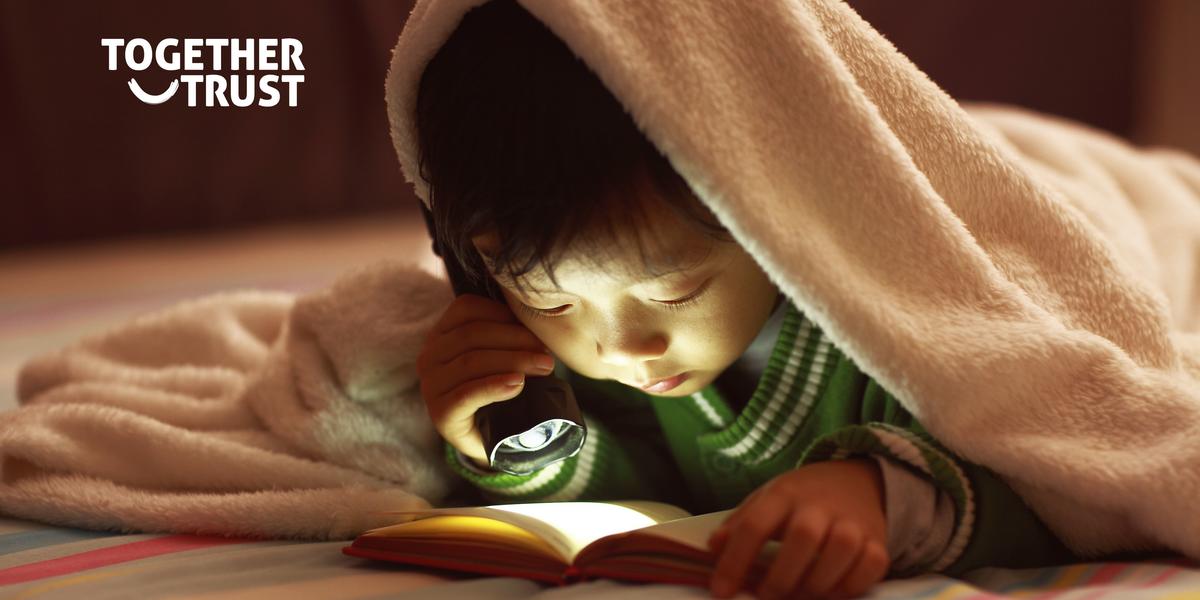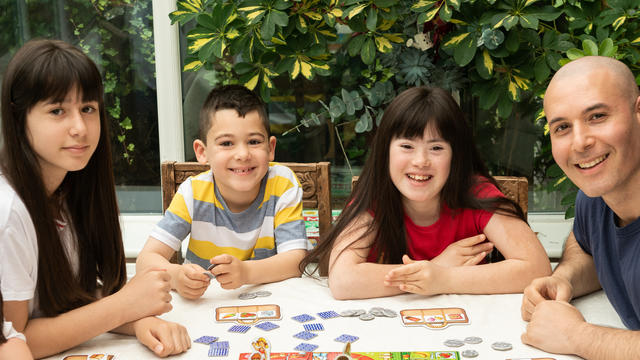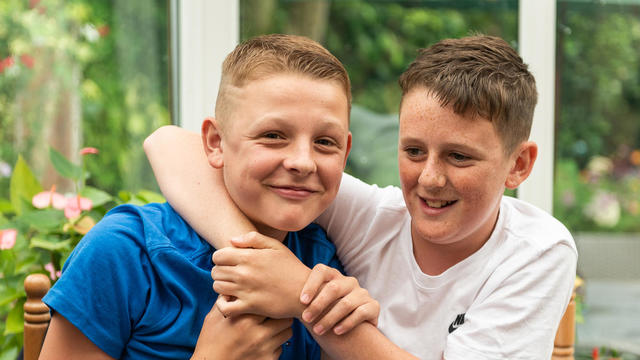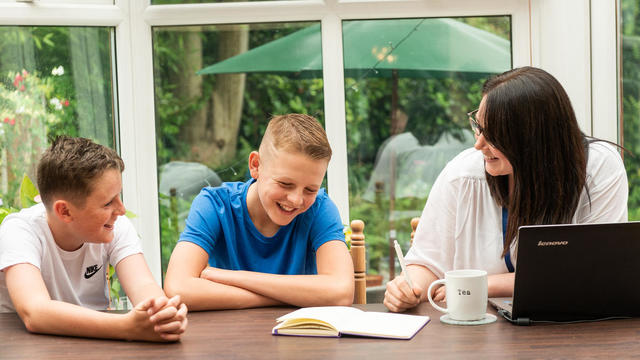Sleep tips: Light

How much light your child is exposed to before bedtime and in their bedroom itself can have a significant impact on how well they sleep as light disrupts their circadian rhythm and tells their body it is time to stay awake and alert. However, your child’s sleep isn’t just affected by light levels in their bedroom, but also by light levels during the day.
Night time tips
• Use blackout blinds and blackout curtains in your child’s bedroom and close them before going to bed. Remember to close curtains or blinds on landings and stairs as bedtime gets closer.
• Keep bedroom doors closed to block out any light from outside the bedroom, and make sure your child’s room is as dark as possible.
• Use lower wattage bulbs in your child’s room and choose red bulbs as these do not affect melatonin secretion. If your child needs a little light to settle, opt for a lamp and try not to use overhead lights.
• Be aware of any devices or clocks in the room that emit light at night and either turn them off, put them on standby, remove them or cover the light panel.
• If your child needs a small amount of light to use the toilet, plug-in nightlights on the landing can help.
• Aim for a minimum break of 30 minutes between screen use and going to bed. Screens emit blue light, which inhibits the release of melatonin at bedtime and increases cortisol, which is alerting.
• If your child likes to wear one, eye masks can help with sleep.
Daytime tips
• To feel alert in the morning, your child needs to be exposed to natural light, so open their blinds and curtain soon after they wake.
• Natural light resets our body clock, so it is crucial to expose your child to as much natural light as possible during the daytime.
• If your child struggles to wake up in the morning, particularly in winter when it is dark, you can purchase alarm clocks which dim the light as they fall asleep, then gradually brighten as it nears the time for them to wake up.





